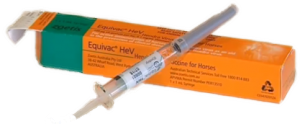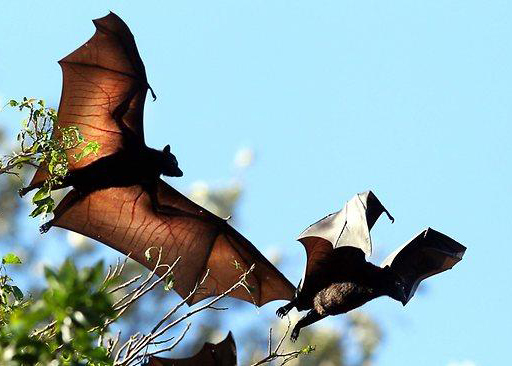What is Hendra Virus?
Hendra virus is a deadly disease found exclusively in Australia that is transmitted from flying fox to horse, horse to horse, and horse to human. The Hendra virus was first discovered in the Brisbane suburb of Hendra in 1994 and is most commonly reported in Northern New South Wales and Queensland.
Having said this, the virus occurs naturally in flying fox populations across most Australian states and territories, with the potential for the disease to appear wherever there are flying fox colonies.
How ‘deadly’ is ‘deadly’?
Since 1994, the Hendra virus has claimed the lives of over 80 horses, with more than 30 of these deaths recorded in 2011 and 2012. There have also been seven confirmed cases of Hendra virus infection in humans. Of these people, four have lost their lives, with the most recent death occurring in August 2009.
While the prevalence of this disease is low, the Hendra virus is one of Australia’s most lethal viruses. 75 per cent of horses infected with the virus die directly as a result of the disease, usually within the first two days of showing signs of illness. The Hendra virus is just as deadly to the humans that come into close contact with infected horses with 57 per cent of humans diagnosed with the disease having died.
How is Hendra Virus spread?
It is thought that horses contract the Hendra virus by ingesting food or water contaminated with infected flying fox body fluids and excretions. The virus can then be passed onto humans if they come into contact with an infected horse’s nasal discharge, blood, saliva or urine.
What are the signs of Hendra Virus in horses?
Clinical signs of Hendra virus infection in horses include but are not limited to:
- acute onset of illness
- increased body temperature
- shifting of weight between legs
- depression, increased respiratory rate
- nasal discharge (clear, white or blood stained)
- head tilting/circling
- muscle twitching and
- urinary incontinence.
It is important to be aware that there is no single clinical sign of this disease that occurs in every case, and all cases present differently.
What can I do to prevent Hendra virus in my horse?
Being aware of the level of risk of Hendra virus is important in preventing this disease in your horse. This is especially important for horses that travel interstate for competition or breeding.
Since 2012, a vaccine (Equivac HeV) has been available for horse owners to prevent infection with the use of a vaccine. This vaccine has been rigorously tested to ensure its efficacy and safety, and to date there have been over 300,000 doses of Equivac HeV administered, with the level of reported vaccine reactions being 0.28%; the most common reactions being short term lethargy, or mild and transient swelling at the injection site.
It is therefore strongly recommended that if you are transporting your horse to, or through, a Hendra area, that your horse be vaccinated prior to transportation. It is also strongly recommended to vaccinate your horse if your horse is going to be exposed to those from Hendra areas (I.e during competition etc).
If you would like to enquire about the vaccination and or would like to know more about this disease please contact the team at Southwest Equine Veterinary Group on 0437 380 302.

